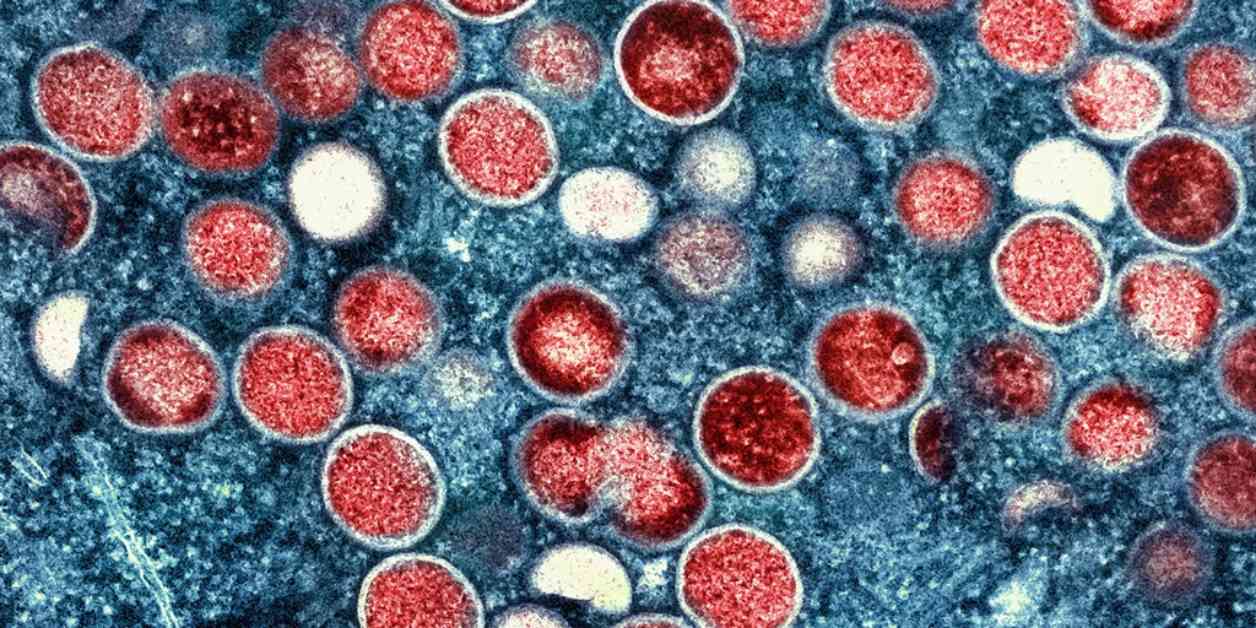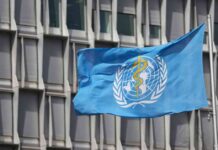The World Health Organization (WHO) Director-General announced that he will be seeking advice from independent experts to determine if the current spread of the mpox virus in Africa should be considered a global emergency. This decision comes following a significant increase in cases and deaths reported by the Africa Centers for Disease Control and Prevention.
According to the latest data, cases of mpox have surged by 160% in African countries, with deaths rising by 19% compared to the same period last year. The majority of cases in Congo are affecting children under the age of 15, who also account for the majority of deaths. Mpox has now been detected in 10 African countries, with Congo reporting over 96% of all cases and deaths.
Recently, a new, deadlier strain of the mpox virus emerged in Congo, with the potential to kill up to 10% of those infected. This new strain has raised concerns among health officials about its ability to spread more easily among people. Mpox is transmitted through close contact with infected individuals, including through sexual contact.
In response to the escalating crisis, WHO has allocated $1 million from its emergency fund to support the efforts to contain the spread of mpox. Health officials in Africa are working tirelessly to control the outbreak as new cases have been reported in countries like Burundi and Rwanda for the first time.
Despite previous global efforts to combat mpox, particularly in Western countries where vaccines and treatments were readily available, the disease continues to pose a significant threat in Africa due to limited access to medical resources. WHO’s outbreak department head, Maria Van Kerkhove, emphasized the urgent need for a more proactive response to the mpox epidemic in Africa.
As the situation unfolds, WHO is urging swift action to prevent further escalation of the crisis. The organization is closely monitoring the spread of the virus and working in collaboration with local health authorities to contain the outbreak before it becomes an even greater threat to public health.


















